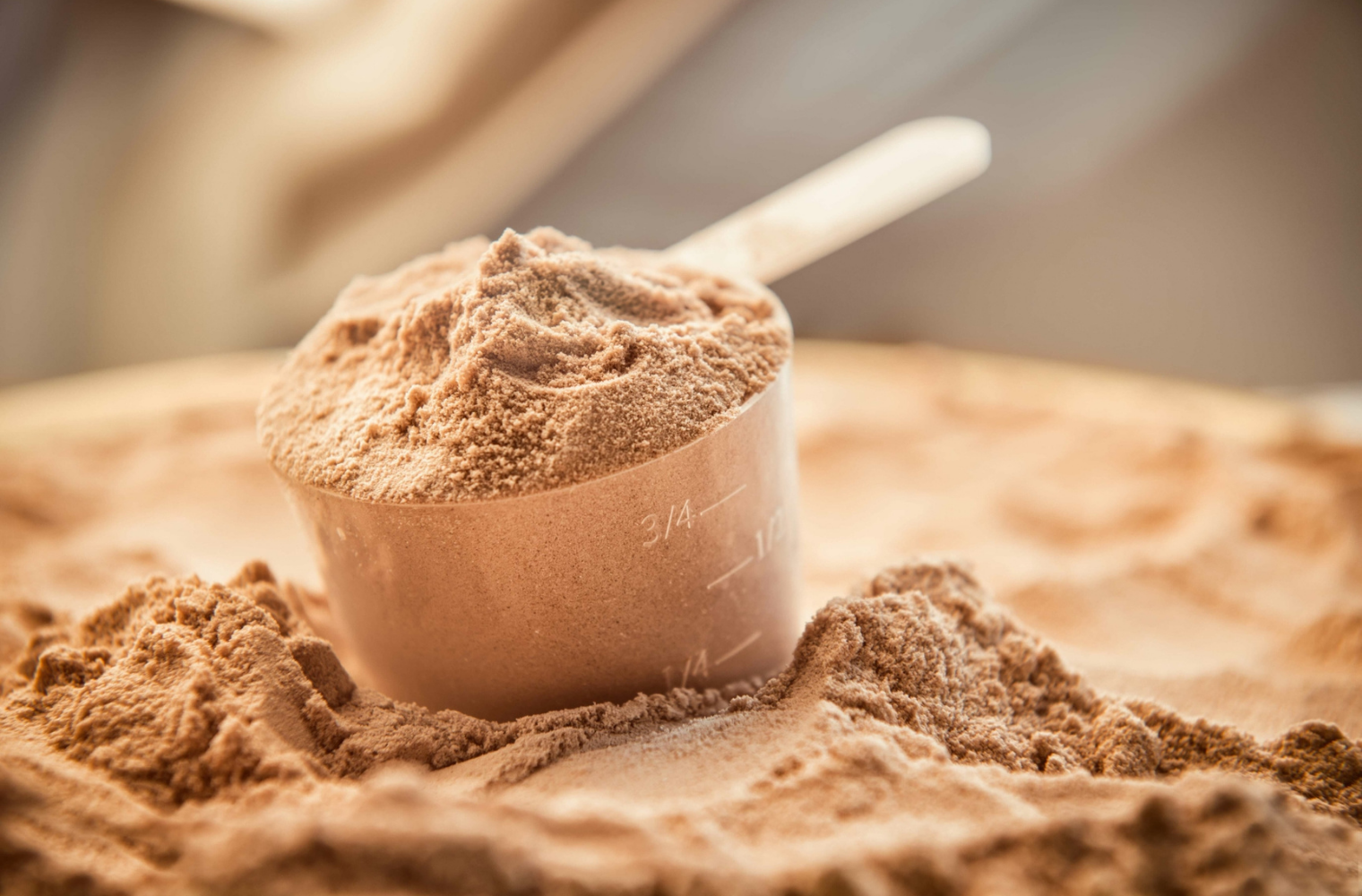When it comes to battling cancer, many people are willing to go the extra mile. But could something as commonplace as whey protein be a viable treatment?
While research is limited and inconclusive on this front, there is still active debate surrounding the issue of whether or not whey protein can really kill cancer cells.
In this blog post, we'll explore what doctors and scientists have determined about whey's effects on breast cancer in an effort to better understand the possible benefits of using it as part of a health regimen alongside traditional treatments—if any.
What is Whey Protein and Its Benefits
Whey protein is a type of protein derived from cow's milk that is commonly used as a supplement to enhance muscle growth and aid in weight loss. It's made up of several different types of proteins, including alpha-lactalbumin, beta-lactoglobulin, lactoferrin, and glycomacropeptides, and contains all the essential amino acids that our bodies require.
Whey protein is rich in cysteine, a particular sulfur-containing amino acid which helps to build glutathione—a powerful antioxidant in our bodies that can help protect healthy cells from from damage caused by free radicals. It has also been shown to reduce blood pressure and improve cholesterol levels, making it beneficial for cardiovascular health.
Is Whey Protein Good for Cancer Prevention
While there is still much research to be done, some studies have suggested that whey protein may have potential anti-cancer properties. For instance, one study found that the proteins in whey could reduce tumor growth and spread of certain cancers.
Additionally, laboratory tests have shown that beta-lactoglobulin (a type of whey protein) can suppress the growth of human breast cancer cells.
However, research is still inconclusive as to whether or not whey protein can actually kill cancer cells. Some studies have found that it may be able to reduce levels of certain proteins and hormones that are associated with the tumor cells growth, but more research needs to be done before any definitive conclusions can be made.
Does Whey Protein Kill Cancer Cells
At this point, it’s still unclear whether or not whey protein can kill cancer cells. While some studies have shown that it may be able to reduce tumor normal cells growth, and spread of immune cells in certain cancers, more research needs to be done before any concrete conclusions can be made.
For now, the best advice is to combine traditional treatments such as chemotherapy and radiation with a healthy diet and lifestyle. This includes eating plenty of fruits, vegetables, whole grains, lean proteins, and healthy fats—while limiting processed foods and sugary drinks.
Adding whey protein to one's diet may also provide some health benefits as well as potential cancer prevention and treatment benefits, but further research needs to be done before these claims can be verified.
Overall, more research is needed when it comes to the potential cancer-fighting benefits of whey protein. While there are some promising studies that suggest this popular supplement may have anti-cancer properties, more evidence is needed before any conclusions can be made.
For now, it’s best to stick with traditional cancer treatments and healthy lifestyle practices in order to fight off cancer and improve your overall health.
Studies Exploring the Impact of Whey Protein on Cancer Cells
The research surrounding whey protein and cancerous cells is still in its early stages, but there have been a few studies that have looked into the potential health benefits of this popular protein supplement already.
In one study, researchers found that beta-lactoglobulin from whey protein could suppress the growth of human colon cancer cells in laboratory tests. Additionally, another study found that whey proteins could reduce the levels of certain hormones and proteins associated with tumor growth in normal human prostate cells.
However, more research is needed to determine if these effects on cancer cells are significant enough to be used in a treatment regimen. Additionally, further studies should also look into other potential benefits of dietary proteins, such as how whey protein can help improve the effectiveness of traditional treatments for breast cancer risk like chemotherapy or radiation.
Myths About Whey Protein and Its Effect on Cancer Cells
Despite the potential health benefits of whey protein, there are still some myths that exist surrounding the whey protein concentrate, and its potential to fight cancer off cancer cells. One common myth is that drinking whey protein shakes can help “cure” cancer patients, which is false.
Additionally, some have claimed that a high-protein diet can kill or shrink cancer cells. But this claim is also unsubstantiated and has not been supported by any scientific evidence.
How to Incorporate More Whey Protein Into Your Diet
If you’re looking to incorporate more whey protein into your diet, there are a few ways to do so. Adding whey protein powder to smoothies or yogurt is an easy way to increase your intake of this nutrient-rich supplement. You can also use it as a topping for salads, soups, and other dishes.
In addition to whey protein powder, there are also a variety of other products available that contain significant amounts of this nutrient-rich supplement, such as energy bars, protein bars, and even breakfast cereals.
FAQs
Can Whey Protein Help With Weight Loss?
Yes, whey protein can be beneficial for those looking to lose weight. Studies have found that consuming whey protein can help reduce body fat and immune response for promote lean muscle mass. Additionally, it can suppress appetite and increase feelings of fullness after meals, making it a great option for those looking to manage their weight.
Is Whey Protein Safe?
Whey protein is generally considered safe, as long as it is consumed in moderation. However, those with allergies or sensitivities to dairy products should consult their doctor before adding whey protein to their diet. Additionally, people with kidney or liver problems should consult their doctor before taking fed whey protein concentrate or supplements, as they can potentially worsen pre-existing conditions.
Can Whey Protein Help With Muscle Building?
Yes, whey protein can help with muscle building due to its high concentration of amino acids. Studies have found that consuming whey protein before and after workouts can increase muscle growth in both men and women. Additionally, it can also help reduce muscle soreness, and immune system making it a great option for athletes and bodybuilders looking to increase their performance.
Conclusion
To sum it up, whey protein is a versatile and potentially cancer-fighting supplement that many people use to achieve many health benefits.
What's more, it may just be key in the fight against prostate cancer.
In any case, further research is needed to understand the specific effects of ingesting whey protein on cancer cells as well as determine whether it can help in other ways such as preventative measures for those who have not been diagnosed yet.
Ultimately, whether or not this will be the breakthrough in cancer treatment remains to be seen, but one thing is certain: whey protein has tremendous potential and it’s definitely worth looking into more closely.
So what are you waiting for? Take action now and see if supplementation with whey protein can help Does Whey Protein Kill Cancer Cells.


